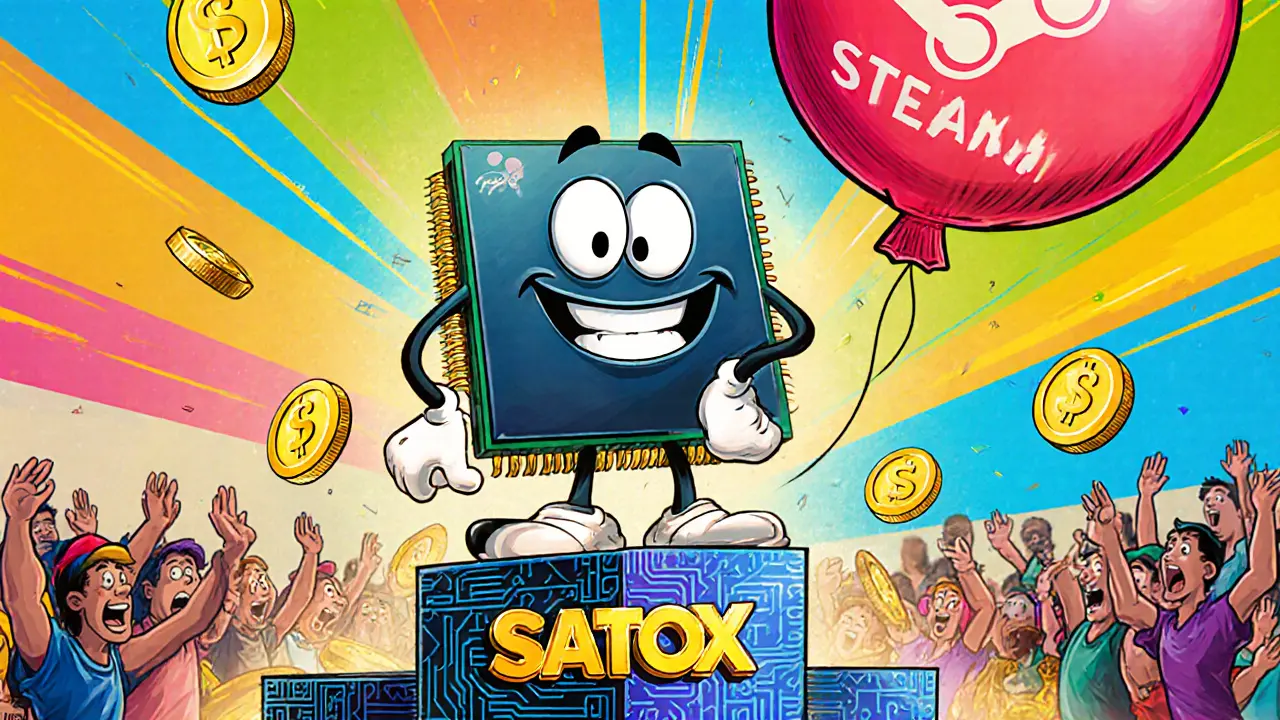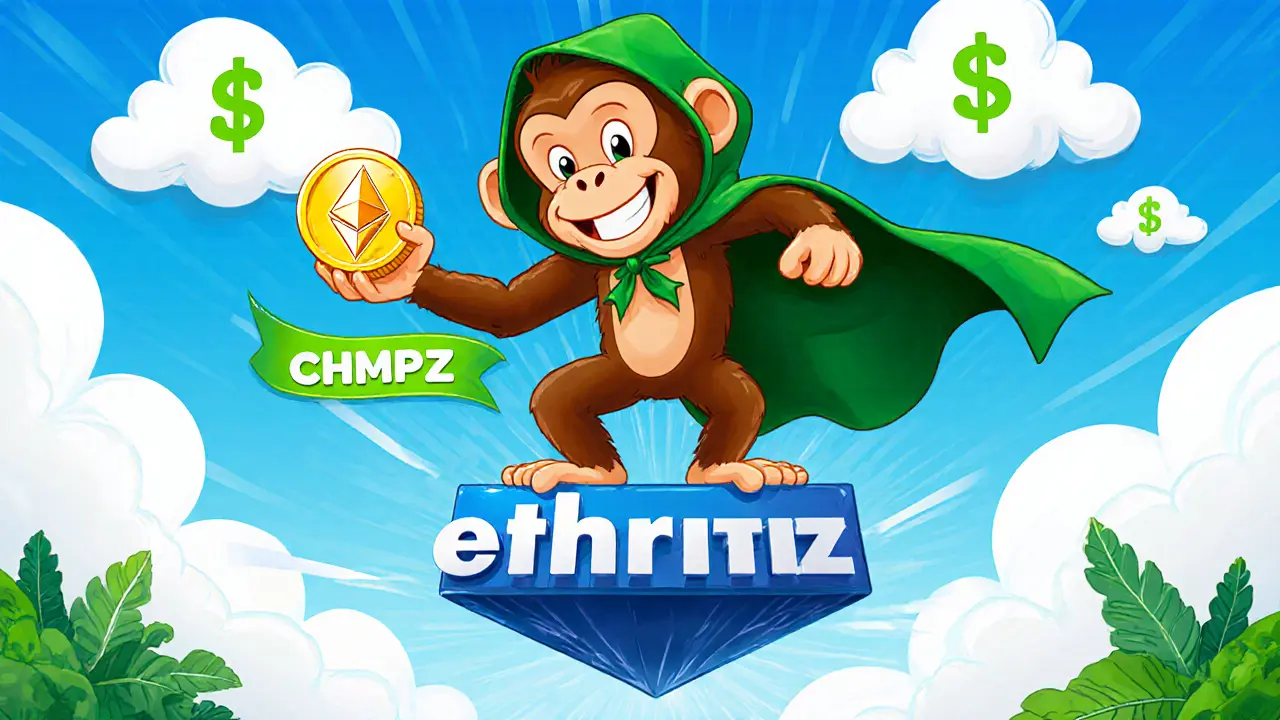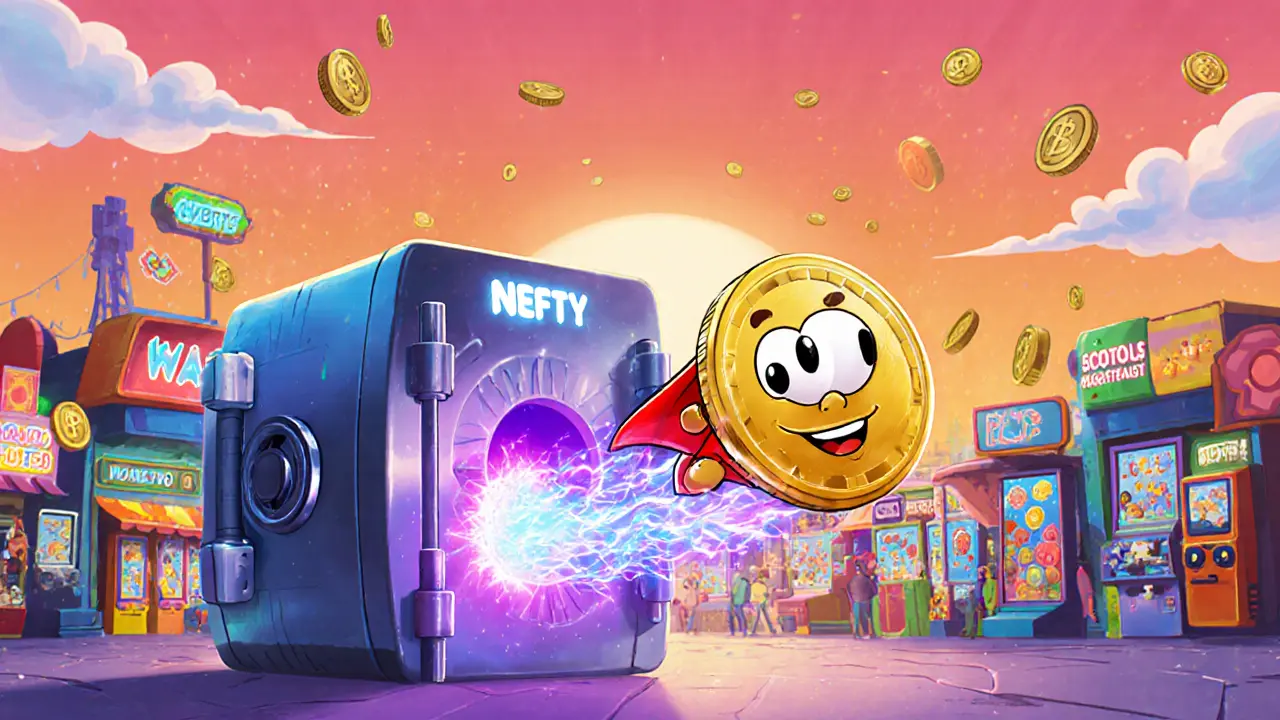Crypto Coin: Guides, Reviews, and Market Trends
When talking about crypto coin, a digital asset that runs on a blockchain and can be used for payments, investment, or utility. Also known as digital currency, it shapes how value moves online. The rise of crypto coins fuels new blockchain ecosystems, introduces fresh token models, and reshapes the way we pick exchange platforms for trading.
At its core, a crypto coin is a type of digital money that lives on a decentralized ledger. This ledger, the blockchain, records every transaction in a way that’s transparent and hard to tamper with. Because the data sits across many nodes, you don’t need a bank to move value. That basic premise has spawned thousands of coins, each with its own purpose—some aim to be a global reserve, others power specific apps, and many serve as governance tools for decentralized organizations.
Why Blockchain, Tokenomics, and Exchanges Matter
The link between crypto coins and blockchain is inseparable; the chain provides security, consensus, and speed. Different blockchains offer varied trade‑offs—Ethereum gives broad developer support but can be pricey, while newer layers like Solana or Layer‑2 solutions promise faster, cheaper swaps. Understanding these trade‑offs helps you decide which coin aligns with your risk tolerance.
Tokenomics is the next puzzle piece. It covers supply caps, inflation rates, staking rewards, and how a coin’s utility drives demand. A well‑designed token model can create a healthy ecosystem where holders are incentivized to participate, while a flawed model may lead to price volatility or loss of confidence.
Exchanges are the gateways where you actually buy, sell, or swap crypto coins. Centralized platforms such as Binance or Kraken offer convenience and deep liquidity, but they also hold custody of your assets. Decentralized exchanges (DEXes) let you trade directly from your wallet, preserving control but sometimes sacrificing speed or user experience. Picking the right exchange often depends on the coin you want, the network it lives on, and your security preferences.
Beyond the basics, crypto coins intersect with broader trends like DeFi, NFTs, and airdrops. DeFi protocols let you lend, borrow, or earn yield on your holdings without a middleman. Some projects reward early users with token airdrops—free distributions that can boost a coin’s visibility. Keeping an eye on these events can uncover hidden opportunities before the crowd catches on.
Regulation also plays a big role. Different jurisdictions treat crypto coins as securities, commodities, or something else entirely. Knowing the legal landscape helps you avoid penalties and choose compliant platforms. For example, recent tax rules in India or enforcement actions by the SEC affect how you report gains and which coins you can hold.
Security is another non‑negotiable factor. Storing a crypto coin in a hardware wallet protects it from hacks, while using multi‑factor authentication on exchanges reduces the risk of unauthorized access. Many incidents arise from weak passwords or phishing, so layering security measures is a must.
Finally, market analysis rounds out the picture. Tracking price charts, volume data, and on‑chain metrics gives clues about a coin’s health. Tools that compare exchange fees, liquidity, and token performance let you make data‑driven decisions instead of guessing.
All these pieces—blockchain tech, token economics, exchange choices, regulatory context, security practices, and market signals—combine to form the full crypto coin ecosystem. Below you’ll find a curated list of articles that dive deeper into each area, from detailed coin reviews to practical how‑tos and the latest industry news. Browse the collection to sharpen your strategy and stay ahead of the curve.




